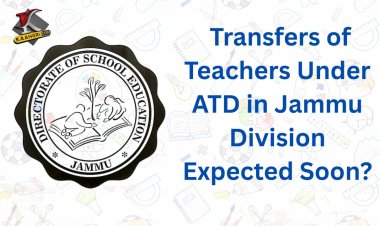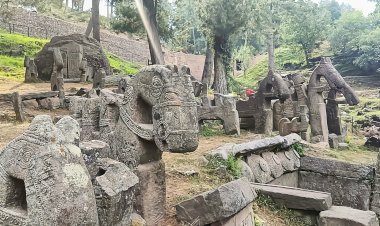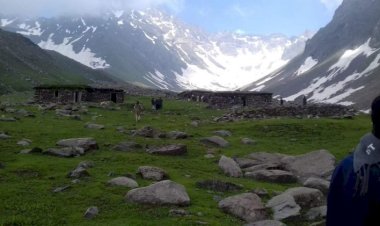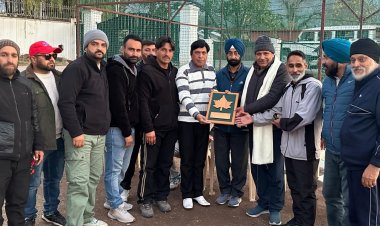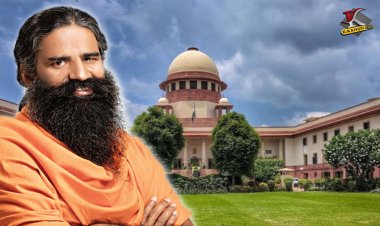MADARSAS NEED UP-GRADATION TO RETAIN THEIR RELEVANCE; MAKTAB IS THE WAY OUT.
MUHAMMAD IRSHAD

MUHAMMAD IRSHAD
Madarsas impart education to slightly less than one percent muslim children in jammu&kashmir. Barring a few, most madarsas aren’t registered for formal education system. They operate in isolation and enjoy autonomy in matters of curriculum designing and finances management etc. Their sources of income is mostly donations from society. Till 1970s there were only a few madarsas operating in the state but during last forty years there has been a phenomenal increase in numbers of madarsas of all schools of thought. Of late madarsas have come to be criticised for lack of reasonable living conditions, outdated curriculum, lack of state regulations and supervision, child abuse and mushrooming of madarsas, promoters of narrow sectarianism and extremism etc.
There is hardly any doubt that madarsas have immensely contributed in imparting basic religious education and character building of children. The most important contribution is to provide free education to the poorest of the poor in the society. But this also can’t be denied that there is an urgent need to upgrade madarsas system of functioning. Their isolation must end. They need to be integrated with the state education system without compromising on functional autonomy. A few steps, mostly agreed by madarsa operators, can be initiated with positive and facilitating intervention of the state.
The basic premise on which madarsas operate is that they impart religious education to muslim children which isn’t provided in the state run or private schools. Besides they claim to provide free basic education to the marginalised and poorest of the poor children. Though its true that madarsas provide free education to poorest of the poor but the other component of their claim that they compliment school education is only partially true. They serve the need of less than one percent children in our jammu & Kashmir. Remaining 99 percent don’t go to any madarsa. The entire donations collected from society goes to this one percent. There is also no denying the fact that madarsas impart specialised religious education to the students which include memorising Quran, life and traditions of prophet Muhammad (pbuh), jurisprudence, Arabic language and Muslim history. In short basic or specialised, madarsas cater the need of one percent children only.
The remaining 99 children either don’t have any societal, state or family arrangements for basic religious education or have some maktab classes in the morning or evening sessions. The maktab supplimantry classes don’t find favour with the clergy as these don’t involve construction of madarsas and also can’t be said to be belonging to any school of thought besides lack of societal support. If imparting basic religious education is the objective then promoting maktabs is the only way forward. Learning to read Arabic Quran, memorizing obligatory prayer, learning the method of obligatory prayer and a few supplication is taught in a maktab. A child can cover this in less than two years. Maktab system has got some inherent advantages.
The distinction between maktab and madarsa, for the purpose of this write up, is this. Maktab means an additional one period class organised in masjid or a hired room or even a school before or after the school timing. Only basic religious education is imparted there to a child for a period of one year. There are many such maktabs functioning in our villages and towns, mostly financed and supported by a major madarsa of the locality. A madarsa, on the other hand, is an organised system of imparting higher religious education spanning over many years depending upon the courses. A madarsa is to a maktab what a collage is to a school. Ideally, there should be more focus on maktabs than on the madarsas. I say this for the following reasons.
First, maktab alone can cater the need of all children by locating it nearer to schools where children can attend for half an hour morning or evening session. What all is required is just one additional period to impart basic religious education to Muslim children. A maktab so established can compensate this shortage of one period in schools in a nearby building.
Second, a maktab can be established in a masjid or one hired room or may be school room before or after school time without involving huge finances for building and administration. A locality can easily manage that on cooperative basis.
Third, there is no sectarian indoctrination as only basic common religious education is imported. It is an undeniable fact that sectarianism is essentially promoted and sustained by madarsas which subscribe to one or the other school of thought. From a purely religious point of view, faith (eman) gets a severe beating when the religious discourse is degraded to belief (ehtqad) and further to sects (madhab) and sub-sects (maslak). We find people mostly adhering to sub-sects (maslak) which is a four level down from faith (eman). So it’s in our own benefit to focus more on maktabs.
Fourth, maktab classes are very cheap. Even 50 rupees per child per month is sufficient to pay the religious teacher. This even a poor person can afford. No doubt a child going to a madarsa is taught free of cost but expenses incur on transportation and clothing sometime go beyond the reach of poor man. A child at home and going to maktab also has the option of going to a govt school and acquire prevalent education. He can become educated in real sense. Equipped with basic religious knowledge obtained in a maktab and school education he can become an asset rather than a liability.
Fifth, a maktab is far better than arranging religious reacher at home where children normally don’t pay attention. A home is never a place to get education. It lacks the required environment. Only a dedicated place can provide suitable environment. This again is a reason why maktabs should be encouraged.
An other aspect is the arrangement of teachers and designing of syllabus for maktabs There is a view that Government should constitute confederation of madarsas (وفاق المدارس) in each district and at zonal level and redisignate auqaf ministry as religious affairs ministry to get religious education under its ambit. Religious affairs ministry should appoint maktab teachers on the recommendations of madarsa confederation. The teacher so appointed should be paid either by the religious ministry or by madarsa confederation. Maktab curriculum should be left to be designed by confederation. The advocates of government regulation believe that Madarsa confederation can effectively minimise sectarian division by including members from all sects. There is an other view also that confederation of madrasas should prepare syllabus and administer maktabs on their own accord without losing functional autonomy. Whatever the way, but something in this direction is required to be done to upgrade this system.
As regards madrasas, the measures that reformists suggest include mandatory registration of madrasas with madarsa confederation and religious ministry, the framing of the uniform syllabus, madrasas registration as schools for the purpose of conducting classes and exams up to a level that infrastructure permit, integrating madrasa education with school education, providing grants to individual madarsas falling short in infrastructure and teaching capabilities and setting a minimum requirement for a madarsa lacking which should warrant closure. But these steps are bound to meet with resistance. Madarsas may not agree to any government regulation and intervention as the government may come up with more restrictions and negligible support. Experience also support this argument. “Madarsas will also lose the spirit of sacrifices and commitment with government intervention” believe madarsa operators.
In conclusion, it’s in the interest of Madarsas itself to set in motion a series of reforms on their own initiative to ward off criticism on the one hand and upgrade their systems on the other. This is, perhaps, the time for madrasas to act as hostels for children going to a nearby government school or a private school that madrasas themselves may establish. This is the only way to minimize and finally remove the artificial division that got created between religious and temporal knowledge. No amount of exclusive religious education can help a child know his religion in true sense. Similarly, no amount of exclusive temporal knowledge can guarantee a child to be socially useful and understand the purpose of his life.
About Author:
He is serving as police officer in Jammu and Kashmir. His interest areas comprised of speaking to the individuals living on the margin of society, helping poor and orphan, trekking, long lonely walk, reading history and religion


